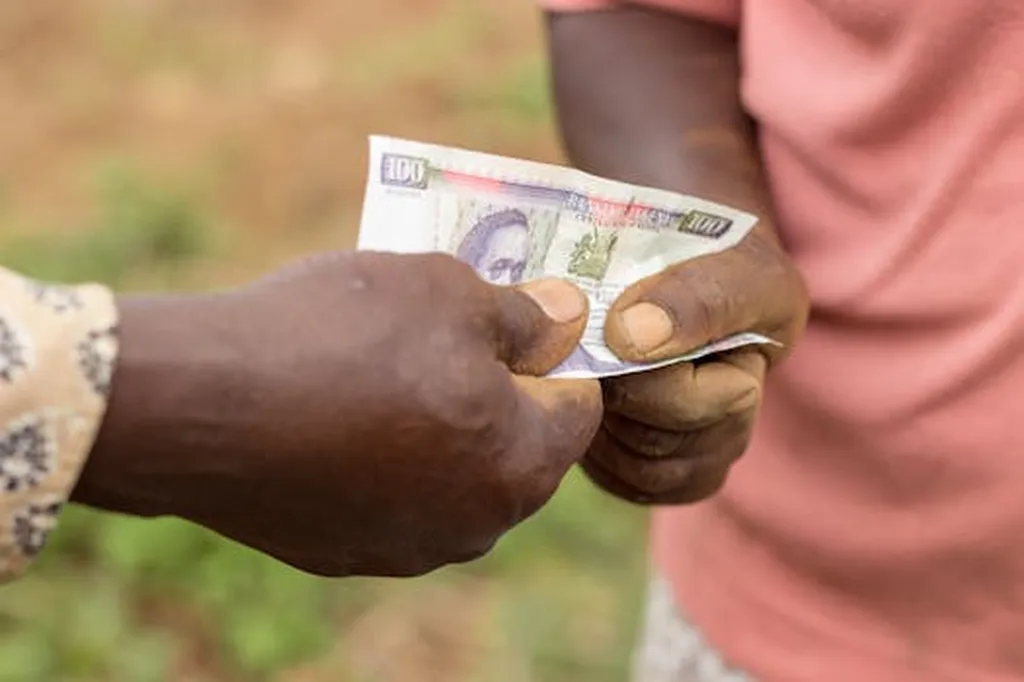In a groundbreaking study published in *Scientific Reports*, researchers have unveiled a spatially explicit framework that could revolutionize climate-smart agriculture financing across Africa. Led by Anis Bensadi of Shenzhen Technology University’s Business School, the research delves into the subnational heterogeneity of green finance and irrigation efficiency, offering critical insights for enhancing agricultural resilience in seven diverse African nations.
The study addresses a pressing need: African agriculture is under siege from climate disruptions, resource constraints, and population growth. Traditional, nation-scale analyses often fall short, prone to ecological fallacies that overlook local nuances. Bensadi and his team employed multi-scalar data hierarchies and dynamic econometric modeling to examine how subnational variations influence the effectiveness of green finance and sustainable irrigation.
“Our findings demonstrate that one-size-fits-all interventions simply don’t work,” Bensadi emphasized. “The effectiveness of green finance mechanisms and irrigation systems is fundamentally mediated by local environmental, socioeconomic, and gendered contexts.”
The research utilized district-level variance indices, enhanced autoregressive distributed lag-error correction models, and heterogeneous cointegration testing to quantify region-specific adaptation pathways. The results were clear: spatially optimized investment thresholds, such as targeted financing for water-stressed regions, significantly amplify resilience outcomes. Uniform interventions, on the other hand, consistently underperform.
For the agriculture sector, the implications are profound. By prioritizing hyperlocal vulnerabilities and gender-inclusive finance, stakeholders can unlock new levels of productivity and climate resilience. The study highlights the need for integrated strategies that synchronize technological, ecological, and social dimensions, ensuring that financial returns are maximized while mitigating climate risks.
“Rainfall volatility and soil health critically modulate financial returns,” Bensadi noted. “This underscores the necessity for integrated strategies that go beyond mere technological fixes.”
The research contributes to continental policy initiatives by advocating for context-driven financial instruments that translate spatial intelligence into targeted actions. By prioritizing place-based innovations, the study provides a framework for enhancing climate resilience in diverse African agricultural systems.
As the agriculture sector grapples with the challenges of a changing climate, this research offers a roadmap for more effective, locally tailored interventions. The findings could shape future developments in climate-resilient agriculture, spatial finance, and sustainable irrigation, ultimately driving commercial impacts that benefit farmers and investors alike.
With its rigorous methodology and actionable insights, this study is poised to influence policy and practice, ensuring that Africa’s agricultural future is not only resilient but also prosperous.

